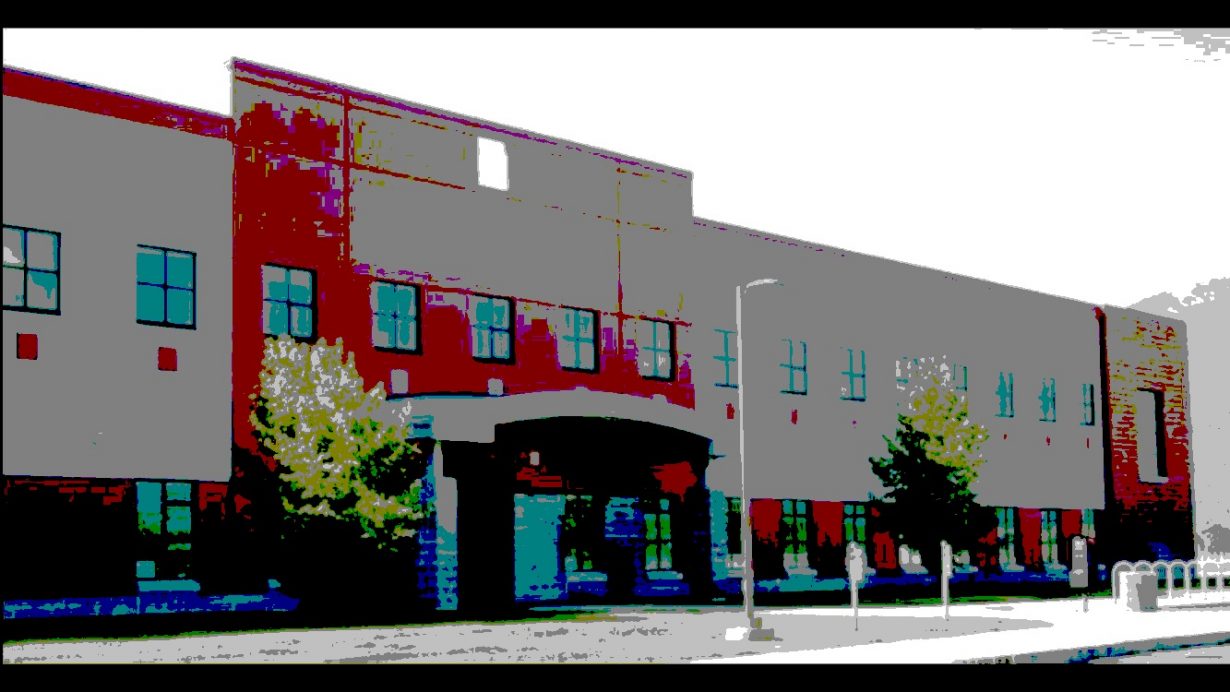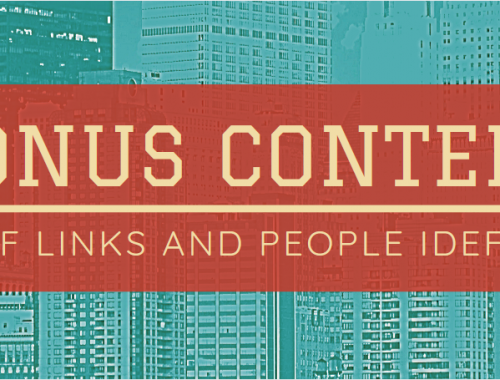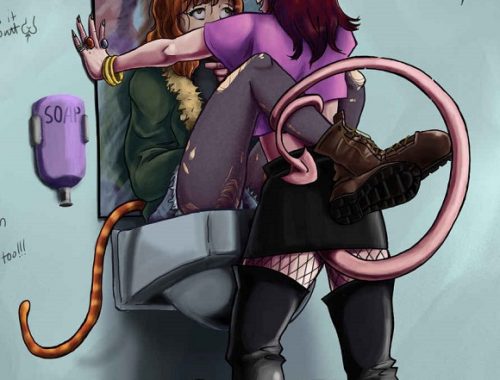
In High School Someone Was Arrested For Planning a Shooting. In the Aftermath, Everyone Thought I’d Be the Next Assailant
Wikipedia states that between the year 2000 and the year 2001 there were 11 school shootings in the US. There could have been 12; several of my classmates were found to be on a hit list by a student who allegedly was making active plans to strike out. In the fallout, people would come up to me… not to ensure I was okay, or to ask for help, but because they genuinely believed I was the next likely candidate to be a school shooter. They wanted to make sure I wouldn’t shoot them.
This is a hard topic for me to discuss, for a myriad of reasons. It’s no secret that my childhood is far from what most would call ideal. It’s obvious that as a teenager, and well into adulthood and even today, I had and continue to have mental health issues. Discussing this time in my life means trying to address a serious situation that involved me, even though the spark that ignited the concern wasn’t about me per se. In a time when school shootings were starting to grip the nation’s collective fascination and the zeitgeist was more concerned about why people hadn’t made friends with the perpetrators of this violence than they were about how the survivors were doing, I found myself in an unusual set of crossfires where there simply wasn’t the social or mental health safety net needed to help me get through.
The situation was surprisingly straight forward considering. In March 2001, the potential shooter confided in a friend that he had a “hit list” of just under two dozen individuals he intended to kill with a firearm. That friend talked to someone they trusted at the school, who got the law enforcement officer assigned to our school involved. The individual was arrested, confessed, was escorted to his home where he handed over a list of intended victims, and then was committed to a mental health care evaluation. To my knowledge, no charges were ever filed, because while there was a list with names on it the paper itself didn’t identify its purpose, and the potential shooter went through with 90 days of mental health treatment. There was, to my knowledge although I’m unable to confirm it, restraining orders stating the foiled attacker wasn’t to return to the school grounds or make any contact with the people on the list.
20 years later, and we get to see the fruits of the best potential outcome. Roughly 20 lives were spared and the individual who was planning violence got the help he needed. He’s now a successful family man with his own lawn care business. (I’ll not be naming him; this discussion doesn’t need nor benefit from doing so.)
A lot of people love to focus on “the reason,” the “why” of mass violence. And I know, first hand, that the individual who planned this potential attack was dealing with the fallout from his father’s death just two month’s prior. However, frankly, that knowledge is inconsequential to me as a layperson and should be inconsequential to most others. Far too often, people hear about these attacks and immediately poke the survivors and the deceased, not the perpetrator. “What if they had befriended the assailant? What if they had been there for him? (It’s overwhelmingly young men who perpetrate this violence – there’s been less than a dozen female school shooters going back to the 1979 attack on Cleveland Elementary School by 16 year old Brenda Spencer). There was, especially at the time, this overwhelming belief that the issue was one that could be solved if bullying were addressed and everyone became more inclusive.
So why it was that the harassment I faced was escalated is, to this day, beyond me.
At the time, I wasn’t aware that I had mental health issues. To this day, I’m still uncertain what my issues might be. As a teenager, diagnosis changed about as often as I change my underwear, which doesn’t seem like an apt description until you remember I was a teenage male with poor health habits. We know, today, that I suffer from Bipolar II – what was then known as “Manic-Depressive Disorder,” that cool thing all the crazy and random kids claimed they had to explain their mood swings before they became adults and grew out of it. My depressive swings were severe, and I had a few suicide attempts littered in with my teenage years. I also had signs of ADHD, and was on medication for it before my stepfather demanded I be taken off of it because “it isn’t working” and “it costs too much.” (For it to have been working, I would have magically gotten over any mental health and behavior issues I had to become a model student and child. Anything less than a silver bullet wasn’t worth taking cash out of the 24-pack fund.) We also know, today, that many of the weird habits I exhibited then, and several I still do now, are exceptionally common with those on the autism spectrum. For example, what I recently learned in my mid-30’s is called “stimming” was then called “the chicken dance” or the “quit moving your fucking hands or I’ll give you something to move them over.”
So I, being myself, was a popular target of ridicule. I had a core group of friends, and I could socialize with a medium level of skill, but to say I was different (and also, admittedly, fucking obnoxious and prone to saying the wrong things) would be a massive understatement. I also struggled with anger as a teenager, and had very self-destructive tendencies derived from that such as hitting my head against things. It’s not a thing I’m proud of, and feel I should have controlled better, yet I also admit I doubt I could have given where I was with things and what limited tools I had at my disposal. And somewhere in this mix, as people came to grips with the fact that a school shooting actually could happen to them, actually almost had happened to them, I started to get approached by others.
The attention wasn’t well received, and I’ll admit at first my reaction was to encourage people that I might actually be capable of bombing the school (there was no way I could actually shoot people, apparently). That didn’t last, because it didn’t keep people away. School counselors got involved. Several kids made the brazen “joke” that, since “we were friends” (we weren’t) I should be sure to let them know if I was going to “shoot up” the school so they would know not to come in that day, or perhaps I should remember “we were friends” (again, no we weren’t) so that I wouldn’t shoot them. People who were on the alleged hit list who had reached out to me for comfort in that first week, because we were friends (or at least solid acquaintances) took very real steps to distance themselves from me. One of them, a girl (whose eyes I remember yet whose name I do not) had cried over the phone wanting to know why her name would be on such a list, only to very brazenly and firmly inform me I wasn’t to speak to her not even a full week later.
A few months later, I was called into the vice principle’s office along with a few of my other friends. The vice principle sat us down and, in a way that I now recognize was more probing than friendly, let us know of a tip that had been made to the school. Allegedly, an adult had overheard some teenagers talking at McDonald’s about how our core group, myself included, planned on “opening fire” during graduation ceremonies. To this, the vice principle tried to assuage our concerns in a diplomatic way, stating something to the affect of “and so I’m not accusing any of you here of anything, and you’re not in any trouble, but is everything okay? Do you all have any concerns I should be aware of?” We had to address these concerns and confirm to this authority figure that no, we didn’t have plans to kill anyone.
Later, while eating lunch together, my best friend Jason would make the joke “it would be a waste of bullets.” It was the kind of gallows humor we needed at the time, although admittedly in misremembering the situation I’ve retold the story in the past with him saying that line in the meeting proper.
Not surprisingly, graduation day went without a hitch. Part of this was because I didn’t have the credits to graduate – my school participation had been rather poor the last two years, between my parents bitter divorce and my being homeless for much of my senior year. In that regards, I suppose, there wasn’t much to worry about – can’t shoot people at an event if you’re not invited. It’s odd how, 20 years later, I still recall how bitter I was with how people treated me of the situation, and in the years that followed. For example, I used to have a beautiful leather duster I’d wear on cold weather days; I came into work only to be asked by a visiting manager “Are you hiding any guns underneath that coat?” Me, being me, replied “If I were, are you sure that’s the question you’d want to be asking me?” No surprise I was sent home that day.
I’m not sure what the solution or the answer is. I know, wholeheartedly, that to blame the victims and the survivors is not only asinine but unhelpful. Perpetrators of violence may need help and early detection may stop concerns before they start, but when that violence happens it isn’t on those around them. It isn’t anyone else’s fault. I grow so tired of the mythologies behind these various school shootings (and Jesus, there are so many of them every year now) that suggests that the perpetrators had “fallen between the cracks.” No, they had access to firearms and they had an agenda, for fuck’s sake. Quit excusing their behavior.
But I also recall how, in the aftermath of one crisis being averted, people started looking around them for “who the next shooter” would be, and how unhelpful that was too – in part because I was mercilessly subjected to it.
I’ll end this post with a reminder that if you suspect something, say something – not to your friends, or in gossip, but to a trusted adult who can get the proper channels involved.




